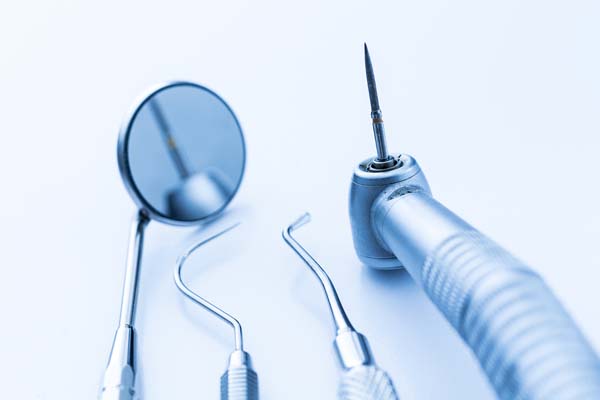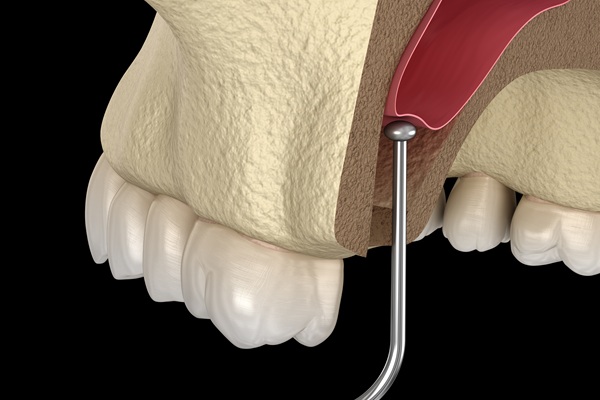A Guide to Wisdom Tooth Extraction From an Oral Surgeon
A is a dental procedure usually performed by an oral surgeon or a dentist. This procedure involves the extraction of one or more wisdom teeth. Wisdom teeth, also known as third molars, first appear in young adults between the ages of 17 and 21. If wisdom teeth cause particular problems, extraction may be necessary. Keep reading to learn more about wisdom tooth extraction.
Wisdom tooth extraction
Wisdom teeth are situated at the very back of the mouth. Wisdom teeth may not have to be removed if they come through correctly and are healthy. A person may feel a little discomfort when the wisdom teeth first appear. But if an individual experiences pain, seeking medical assistance is recommended.
Causes of problems
If wisdom teeth do not have sufficient space to erupt, it can cause them to become impacted. An impacted wisdom tooth may grow at various angles in the patient’s jaw. Sometimes, rather than coming in straight, the tooth may lie on its side and press up against the nearby tooth. This pressure may cause issues with crowding of the other teeth. It can also cause improper bite alignment as well as other problems.
A partially erupted wisdom tooth also increases the risk of developing pericoronitis in that area. This is a painful, inflammatory gum condition. In particular instances, wisdom teeth issues can result in an infection. If a cyst forms, it can damage the bone or roots.
Treatment
Dental professionals disagree about the value of removing wisdom teeth that do not cause problems. Some recommend removing wisdom teeth if they do not fully emerge. Many professionals support removing wisdom teeth at a younger age. The removal is often done before the bone and roots are fully formed, and when recovery is generally quicker after surgery.
Removing them when a person is older is usually harder. It is also more likely to cause problems. But some practitioners recommend removal when there is evidence of changes in the mouth. The changes include pain, cysts, tumors, tooth decay, infection, and gum disease. Wisdom teeth may also cause damage to nearby teeth. To remove the wisdom teeth, the oral surgeon or dentist will make an incision in the gum tissue to expose the bone and tooth.
The connective tissue between them will then be gently detached. The provider will then remove the tooth and clean the site. After extraction, a patient may need stitches. In some instances, some of the bone surrounding the wisdom tooth must be removed. In this case, the tooth may have to be cut into sections to allow removal.
Making the decision
Many dental providers recommend removing wisdom teeth that are problematic. Wisdom teeth that are causing pain or other dental issues are often extracted. To find out if a wisdom tooth extraction is necessary, contact an oral surgeon today. The dental professional will check the position and health of your wisdom teeth before determining the ideal way to address your issue.
Are you considering wisdom tooth extraction in the Brighton area? Get more information at https://brighton.drjstearns.com.
Check out what others are saying about our dental services on Yelp: .
Recent Posts
A sinus lift procedure goes by many other names, including sinus elevation, sinus augmentation, and sinus graft. It can be an important step in the process of having a dental implant placed in the upper jaw to replace a missing tooth. The procedure involves raising the floor of one of the maxillary sinuses and filling…
Facial trauma treatment differs based on the severity and location of the damage. Continue reading to learn how an oral surgeon addresses facial trauma. It can cause other medical issues, so it is important to seek treatment promptly. An oral surgeon is a face trauma specialist who is trained in maxillofacial surgery and treatment. They…
Oral bone grafting procedures can help restore mouth functionality, health, and appearance. These surgical procedures vary in type and extent. Continue reading to learn more about dental bone grafts, the surgical grafting process, and why someone might need oral bone grafts.Surgeons perform bone grafts throughout the body. Oral bone grafting occurs in the mouth, usually…
An oral pathology must receive immediate treatment. This can prevent more complications later on. Your oral surgeon can help correct any dental problem. Here are the details about each common oral pathology and its corresponding treatment.This oral pathology results from a bacterial infection because of plaque buildup. Symptoms of this condition include gum bleeding and…


